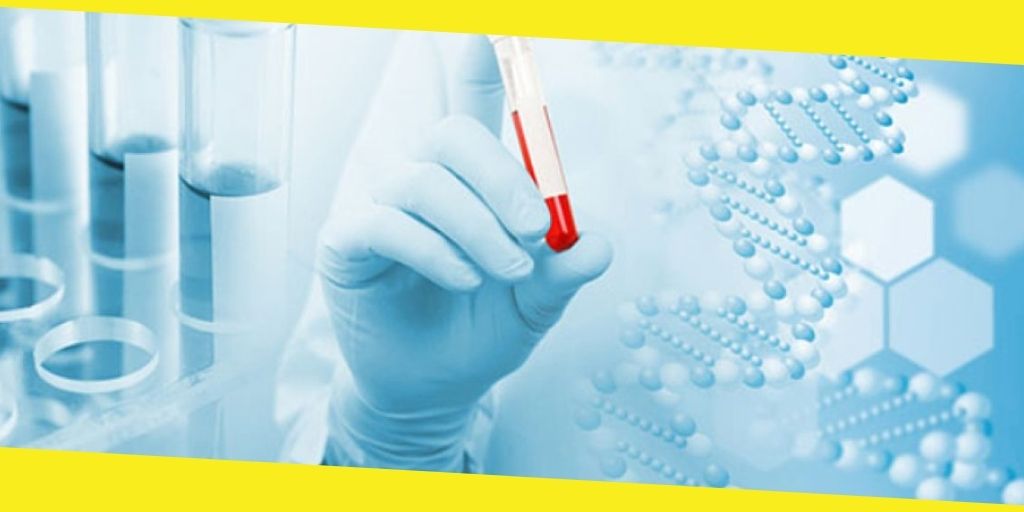Understanding Genotoxicity Testing for Regulatory Approval
This post was last updated on March 4th, 2025

While you may not need to understand what is involved in genotoxicity testing fully, it is critical to ensure you are aware of the required testing for regulatory approval for plant protection products. During the development of any new agrochemical product, you must carry out a range of genotoxicity tests to identify any potential risks. Risks that may cause harm to those using the product or in the area surrounding its use, the unwanted effects on the environment and potential for damage to nature, other species, the soil and those who will ultimately consume or use the product you are trying to protect. Carrying out appropriate genotoxicity testing is essential for registering a product and meeting global requirements on safety.
Global regulatory requirements differ by country, region, and type of substance. Identifying specific testing requirements, evaluating toxicology profiles, interpreting results, and identifying and carrying out additional testing can be complex. It certainly pays to use a respected company, one well-versed in testing for regulatory approval. Genetic toxicology and skin sensitisation testing require a specialist CRO focus across all chemical sectors, including plant protection products.
As predictive toxicology experts, Gentronix are one such company that can assist you.
Why do we need plant protection products?
Crops are vulnerable to pests, weeds and fungi. The use of chemicals to protect them is widespread, but how do we know they are safe? Perhaps more commonly known as pesticides, they include fungicides, insecticides, and herbicides. They can have hugely damaging effects on both nature and humans if used without proper consideration. Agrochemicals are used to protect our crops from harm, ensuring that they yield sufficient quantities for food and viability, must be tested to prove safe use for people, nature and the environment.
Why is the testing of plant protection products required?
Imagine a world free to use any product, no matter its harm to people or the environment. If there were no requirement to ensure product safety, this would be catastrophic for us and our world. Chemical products can do a great deal of harm, killing off essential nature, damaging humans and the earth. Bees are just one of the valuable insects we need to protect. A bee’s role in plant pollination and crop yields must be protected. This is just one example of the need for genotoxicity testing to ensure we use plant protection products that do not do more harm than good.
We also must ensure that food produced after chemical use is safe to consume and that the ground is suitable for planting again. No potentially lethal gasses are emitted into the atmosphere on application or those working or nearby when substances are used.
What tests?
Ames (TG471), mouse lymphoma assays (TG490), in vitro micronucleus (TG487) and in vivo micronucleus assays (TG474) are the primary testing methods. The evaluation isn’t only limited to the active substance; Metabolites present in food or water supplies, impurities and manufacturing intermediaries require testing for regulatory approval. In some cases, it even extends the requirement to testing formulated products.
Alongside one particular in vivo study, there is usually a requirement for a battery (in vitro) for testing of active substances. The aforementioned mouse lymphoma assay (or other mammalian gene mutation assay such as the HRPT) is usually required in most nations and regions to gain regulatory approval for a plant protection product. However, in some cases Europe requires follow-up of a positive in vitro micronucleus assay with FISH staining. This must show discriminatory aneugenic and clastogenic modes of action.
The detection of clastogens and aneugens to identify mechanisms can be used to support follow up testing. Further tests can support business decisions to identify acceptable risk levels and help support the viability of a product should previous testing not yield desirable results. Identifying issues at the earliest developmental opportunity will save both time and money.
Recommended For You
7 Characteristics of a Business Leader
Most Inside
Most Inside offers high-quality recommendations and valuable updates to enhance all aspects of your life, providing premium guidance and enriching experiences.




